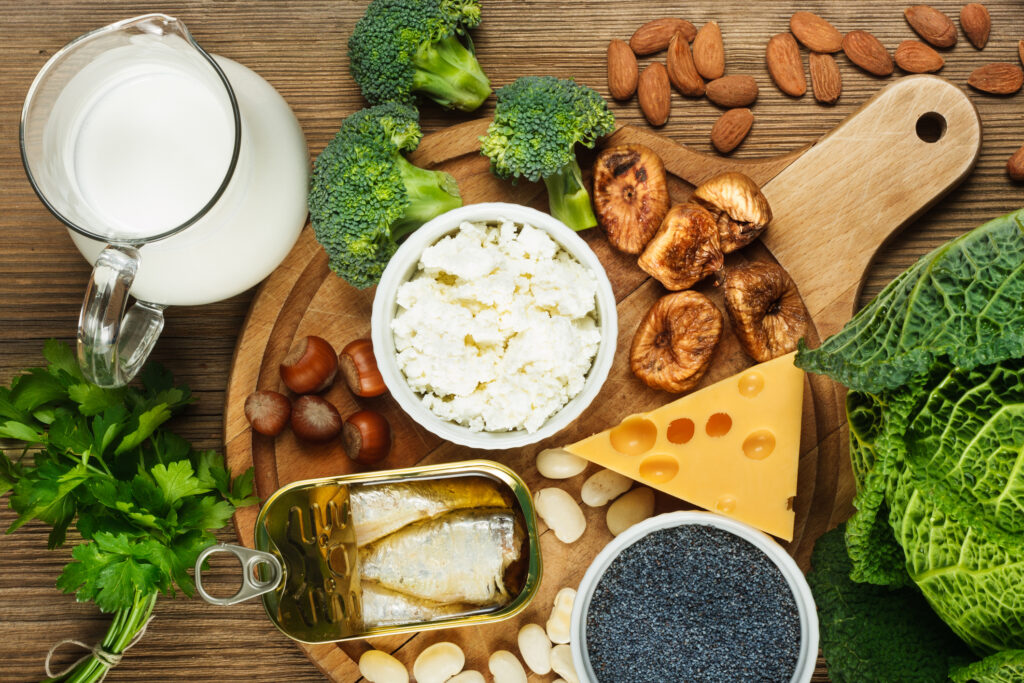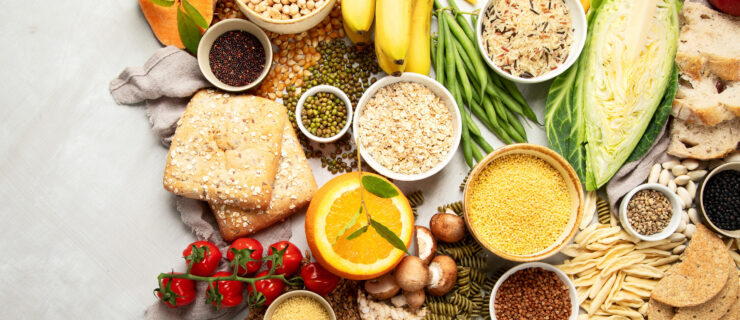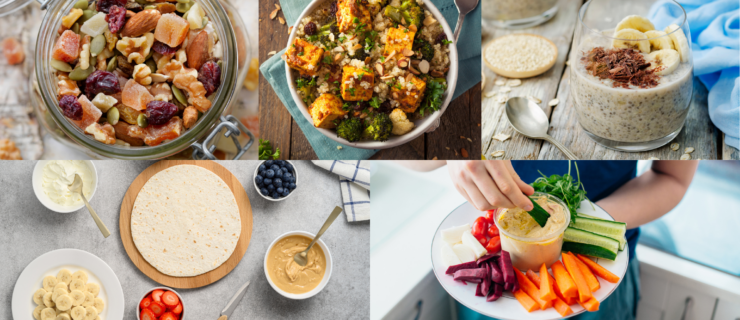Ask a Dance Dietitian: What Are the Best Foods for Strong Bones?
What are the best foods for bone health? —Ellie
Dancing at an elite level puts an above-average strain on your bones and increases the risk of bone-related injuries. You can implement a handful of strategies to help strengthen your bones, but first it’s important to recognize the habits that can hinder bone health.
When dancers don’t eat enough to meet their physical output, they risk energy imbalances that negatively affect their hormonal health. (Unreliable hunger cues or restrictive eating patterns increase that risk.) Since hormones play a vital role in your body’s ability to absorb and utilize bone-building nutrients, your bones become fragile as an effect of consuming too little overall.
Eating enough typically requires making the extra effort to plan out regular meals and snacks throughout the day. With that understanding of meeting your baseline caloric needs, we can explore foods and food groups that contain a unique nutrient profile known to support bone health.

Calcium
Calcium is the most well-known nutrient for bone health, as it is a primary component of bone tissue. Dairy products like milk, cheese, and yogurt are excellent sources. Dairy-free alternatives like almond milk and soy milk are often fortified with calcium (checking their food labels can help identify this). Green veggies like kale, broccoli, and bok choy also offer significant amounts of calcium. Three servings per day of calcium-rich foods is a great goal for most, but some dancers may need to consult with a dietitian for individualized recommendations.
Vitamin D
Vitamin D enhances calcium absorption and is crucial for strong bones. Without enough of it, the body is less able to absorb and utilize the calcium you consume in your diet. Fatty fish like salmon and tuna, as well as eggs and mushrooms, are naturally rich in vitamin D. Dairy and dairy-free alternatives like milk, yogurt, and cheese are also great sources. Since vitamin D is a fat-soluble vitamin, meaning it’s best absorbed with fat, full-fat dairy and other fat-rich foods should be included in your meals and snacks.
Collagen
Collagen protein is vital for bone formation. To support your body’s natural production of collagen, it’s important to include protein-rich foods as part of your overall balanced diet. Eggs, chicken, turkey, beef, and other meats are rich sources, and dancers following plant-based diets can prioritize foods that help to enhance the body’s natural production of collagen. Citrus fruits and veggies high in vitamin C are examples.
Strong bones are critical for the longevity of your dancing. Integrating these nutrient-rich foods into an otherwise balanced diet is helpful, but ensuring your caloric needs are met is the priority. If that feels challenging, consult with a registered dietitian nutritionist for appropriate meal-planning strategies like evaluating whether you need supplements.
Have a question? Send it to registered dietitian nutritionist Rachel Fine at [email protected]. She’ll be answering questions on Pointe+ each month. Ask a Dance Dietitian responses are for informational purposes only and should not be a substitute for individual medical or mental health advice.







